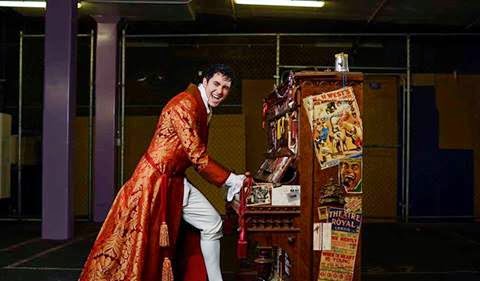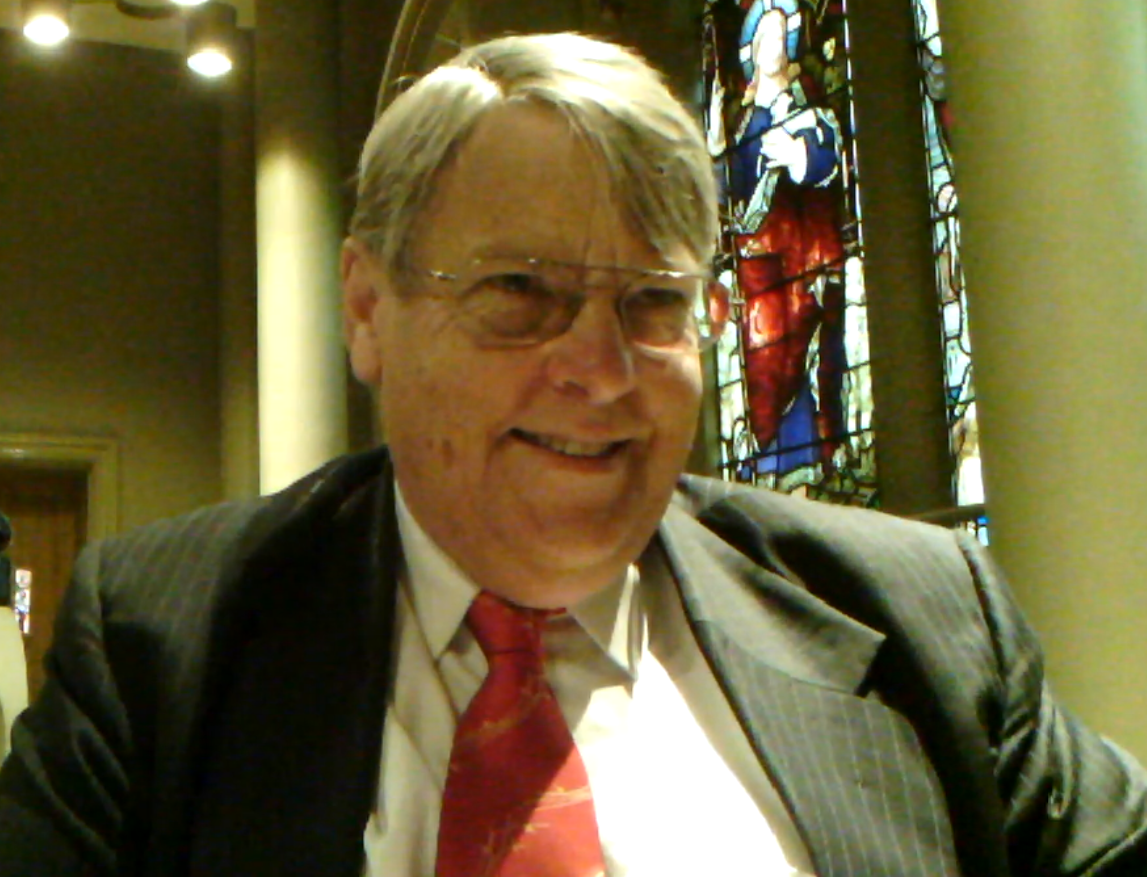Victorian Opera, Hansel and Gretel
The fantasy came unstuck with question
four, ‘Why wasn’t he singing?’
In a flash their heads had leaped the pink
gaffer tape on the carpet that marked the edge of the stage and into the mechanics
of the production. Up to that point that had cheerfully listened to people in
fairy-tale costumes (they knew the word) sung in German (which two of them
admitted to speaking). Many of them had been warned to expect German and were
looking for die Hexe to appear.
VO’s Master of Music students had reprised
their June production and mounted two performances on Thursday in Wodonga and
one in Wangaratta on Friday. They gave the kids the same high quality performance
– in singing and staging – that they’d presented in Melbourne
From filing into the hall – Preps at the
front, toes on the pink tape just behind the orchestra (Simon Bruckard and the bubby Yamaha grand, 10 years old this year and still in beautiful condition) to
filing out they had clearly had a good time. One Grade Five ostentatiously went
to sleep (until he had to give in to the laughter around him and ‘wake up’) and
a pair of boofers were silently removed to the side (“You! Here! Beside me. And
you! Here! This other side.”) They had good enough rhythm skills to sense that
H & G’s dance song was built on triplets: ‘clap, clap, clap’ and ‘snap,
snap, snap’ and joined in, encouraged by Ash the VP sitting in his captain’s
spot half way back and off to one side, relaxed because he knew it was all
going to be good.
 |
| Kate Amos (Dew Fairy) |
Four hundred and sixty Preps to Grade Six
laughed at the biffo - Hansel beats Gretel with the broom; Gretel beats Hansel
with the broom – and thought the angels and Sandman were weird (probably
because they didn’t recognize their characters). They recognized H & G and
the parents and, of course, the Hexe.
They followed the plot, the listened to the music, they loved the whole deal.
More than that, they knew concert etiquette – they were silent and involved for
an hour – including when to applaud.
But kids are a hard audience. They don’t
laugh when we adults think they should and social niceties don’t prevent them
saying so if they don’t like it. And they see stuff we think we’ll get away
with. One of the kids realised they’d been short-changed with a non-singing
opera singer and demanded reasons. She got them. Melissa explained: the
original witch, Carlos E Bárcenas, had gone home sick so s/he was replaced by
his/her cover, Elizabeth Lewis. But Elizabeth, the mother in Scene One, had
also been cast as a captive child in the last scene so she was replaced by Luke
Stage Manager. Simple! Laughter and applause.
Their applause was warm and genuine and
that really is what matters most.
Georgina Wills, Head of Music at Wangaratta West Primary School summed it up this way, "The feedback from staff and students has been excellent. The younger students especially loved it. High quality performances from exceptional performers is so important to us at Wang West. Many of our students would never have the opportunity to experience opera if it were not for marvellous incursions such as this."
Georgina Wills, Head of Music at Wangaratta West Primary School summed it up this way, "The feedback from staff and students has been excellent. The younger students especially loved it. High quality performances from exceptional performers is so important to us at Wang West. Many of our students would never have the opportunity to experience opera if it were not for marvellous incursions such as this."
Images ©Denise Jackel 2014





















